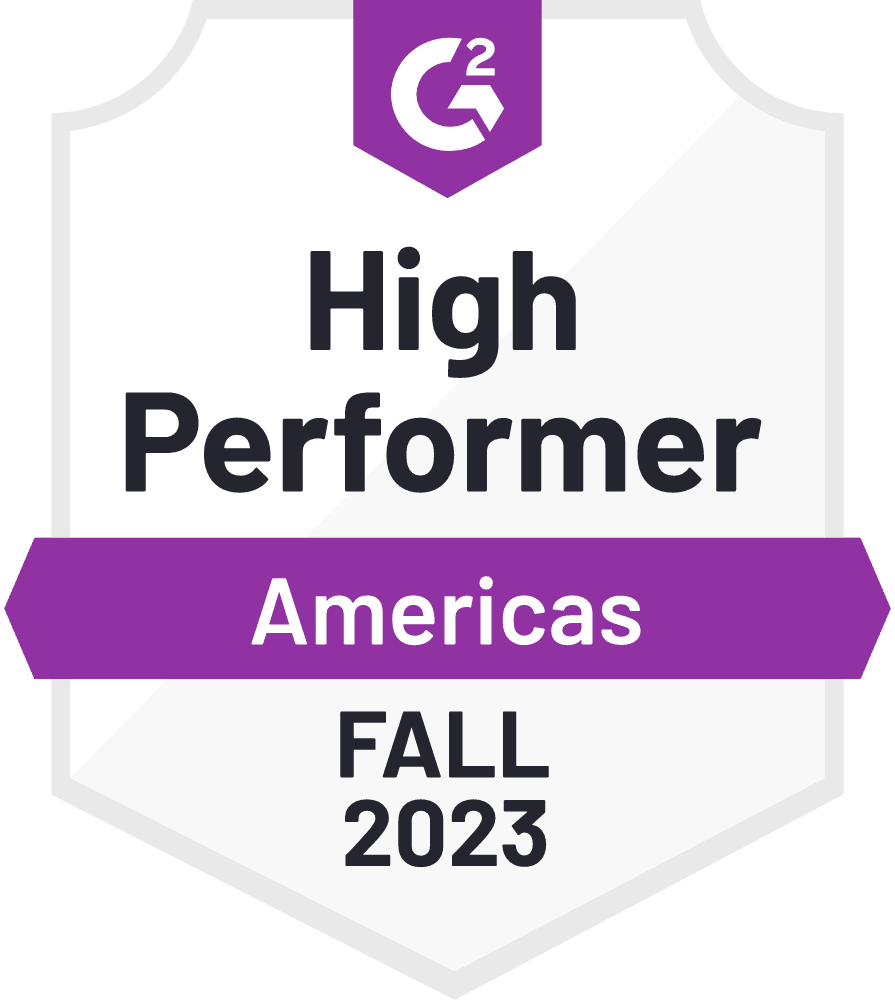There's a lot going on in the payroll world these days?
Lucky for you, it's time for our monthly round-up of the payroll news and updates you need to know.
This is Pay Matters – the October 2018 edition.
Stay informed and in compliance with our monthly payroll alerts and insights.
STATE PAYROLL UPDATES
Important: New Jersey Paid Sick Leave is Coming
Effective October 29, 2018, private employers in New Jersey will be required to accrue and pay sick leave to their employees.
Under the law, New Jersey employers must accrue 1 hour of paid sick leave for every 30 hours worked, up to 40 hours annually. Sick leave must be paid at the employee’s regular rate. Unused leave may be carried over to the following year. However, employees are not required to grant more than 40 hours of paid leave annually. There is no obligation to pay for earned but unused sick leave at termination.
Covered employees may use earned sick leave to care for their own physical and mental health and that of a family member. Employees can also use their paid sick leave if a school or daycare is closed due to a public health concern. Additional qualifying situations can be found here.
Employers who already have paid time off policies that comply with the time and use requirements of the new sick leave law, need not provide additional sick leave.
Though several New Jersey localities have already enacted sick leave ordinances, the state law will preempt all local laws.
Accruals must begin on October 29 or the employee’s date of hire, whichever is later.
Now is the time to review the requirements and ensure compliance with the New Jersey Paid Sick Leave Act.
For more information, click here.
New York Paid Family Leave is Changing for 2019
New York Paid Family Leave will be undergoing some changes effective January 1, 2019.
Under the current law, employers are permitted to deduct 0.126% of their employees’ gross wages up to an annual maximum of $85.56 per employee. Effective January 1, 2019, the PFL rate will increase to 0.153% of employees’ gross wages, with an annual max of $107.97. If the annual max is reached before the end of the year, no further deductions may be made from the employee’s wages.
Benefits for eligible claimants will also increase. In 2018, eligible employees receive 50% of their average weekly wage, capped at $652.96 for each of their allowed 8 weeks of leave. In 2019, eligible employees receive 55% of their average weekly wage, capped at $746.41 for each of their allowed 10 weeks of leave.
For more information on these changes, click here.
New York Sexual Harassment Training Requirement Postponed to October 9, 2019
On October 1, 2018, New York issued final versions of a model sexual harassment policy, complaint forms, and employee training materials. New York also announced that the requirement to train employees is delayed one year until October 9, 2019.
As previously reported by Viventium, New York passed legislation in April 2018 targeting workplace sex discrimination and sexual harassment and requiring annual training for all employees.
In August, the State released draft versions of model training materials, a model complaint form, a model anti-sexual harassment policy, and an FAQ. The final forms released on October 1 contain revisions to those drafts, as well as the delay in the implementation date.
Michigan Paid Sick Leave Law
Michigan has become the first Midwestern state to adopt a statewide paid sick leave law.
Under the Michigan Earned Sick Time Act, all Michigan private employers with one or more employees must accrue 1 hour of paid sick leave for every 30 hours worked. The current version of the law does not indicate an annual max but does require unused sick leave to be carried over to the following year. There is no requirement to pay unused sick leave at termination.
The leave can be used by employees to care for themselves or a family member including:
- Preventative medical care
- Medical diagnosis, care, or treatment
- Mental or physical illness, injury, or health condition
In addition, employees can use paid sick leave to care for themselves or a family member who is a victim of domestic violence or sexual assault including:
- To relocate
- To obtain legal services
- To attend court proceedings
Also included in the law is a gradual increase to minimum wage until it reaches $12 per week in 2022 as well as a slow phase-out of the tipped minimum wage.
The new law is expected to go into effect April 1, 2019.
FEDERAL PAYROLL UPDATES
IRS Allows Exclusion of 2017 Moving Expenses Paid in 2018
On September 21, the IRS announced that employees’ qualified moving expenses for 2017 that are reimbursed by their employers in 2018 will be exempt from income and employment taxes. [See IRS Notice 2018-75, 9-21-18].
To qualify, payments must be for work-related moving expenses that would have been deductible by the employee if he/she had paid them directly and that weren’t deducted on the employee’s 2017 personal income tax return.
Tax Reform legislation had ended exclusion for qualified moving expenses, so this announcement clarifies how 2017 expenses reimbursed in 2018 are to be treated.
Due to uncertainty prior to this announcement, many employers have already taxed reimbursements paid in 2018 for 2017 moving expenses. These employers may now need to make corrections by filing Form 941-X before the end of 2018.
If you have reimbursed your employees for their 2017 expenses during 2018, and have withheld and paid tax on those reimbursement, consult your tax advisor and plan to process amendments as needed before the end of 2018.
DOL Seeking Input on Proposed Overtime Law Changes
The Department of Labor is still seeking input on changes to the current overtime law and held five public sessions in September to discuss the topic.
During the Obama Administration, a drastic change to overtime law that was to go into effect December 1, 2016, was halted and invalidated by a Texas federal court. The ruling was to increase the minimum salary threshold for white-collar employees to qualify as exempt to $913 per week, up from the current $455 per week.
The DOL has already accepted over 240,000 comments from its initial request for information in July 2017 and is continuing to take public feedback as it works to determine the next changes to the FLSA.
ACA UPDATES
ACA Hardship Exemption More Easily Accessible
Individuals without health insurance may now have an easier way out of penalties.
Under the Affordable Care Act (ACA), individuals are required to obtain minimum essential health coverage for themselves and their dependents or pay a penalty. The Tax Cuts and Jobs Act passed by the Trump Administration repealed the individual mandate for 2019; however, the requirement is still in place for 2018.
In a response to President Trump’s executive order to all agencies to use all available authority to minimize the financial burden ACA places on families and individuals, the Centers for Medicare and Medicaid Services (CMS) announced a streamlined process for claiming a hardship exemption. CMS expanded the categories of hardship exemptions that individuals can claim directly on their tax return, avoiding the requirement to apply separately for an exemption certificate number (ECN). Individuals can claim the exemption without providing documentary evidence but should keep their own records of documentation.
For a list of hardship exemptions, click here.
For more information on the CMS announcement, click here.
HHA UPDATES
HHA Update: NYS HHAs Again Face 13-Hour Rule Uncertainty
On September 26, the New York Supreme Court ruled that the New York Department of Labor’s emergency amendment allowing the “13-hour rule” was “null, void and invalid.” This is a major setback for the home health care industry, which had relied on the NYDOL’s longstanding policy of allowing employers to pay aides only 13 hours for 24-hour live-in shifts, provided qualifying sleep and meal periods were granted.
In September 2017, New York courts ruled against the 13-hour rule, prompting NYDOL to issue an “emergency rulemaking amendment” in support of the practice. Emergency amendments are only effective for 90 days, and so NYDOL renewed its emergency amendment on January 5, 2018; April 5, 2018; and June 3, 2018, as previously reported by Viventium.
Now, the NY Supreme Court has found that there was no “emergency” and therefore the NYDOL was not justified in using an emergency amendment. This decision seemingly puts HHAs in a position of having to pay for all 24 hours of a shift. However, the court did not rule that NYDOL could not issue an amendment, only that it could not issue an emergency amendment.
NYDOL has already been working toward a permanent regulation codifying the 13-hour rule and thus ending the doubt the industry has faced for the past year.
As always, all questions regarding pay policies and practices should be directed to your legal counsel to ensure compliance.
This information is for educational purposes only, and not to provide specific legal advice. This may not reflect the most recent developments in the law and may not be applicable to a particular situation or jurisdiction.










